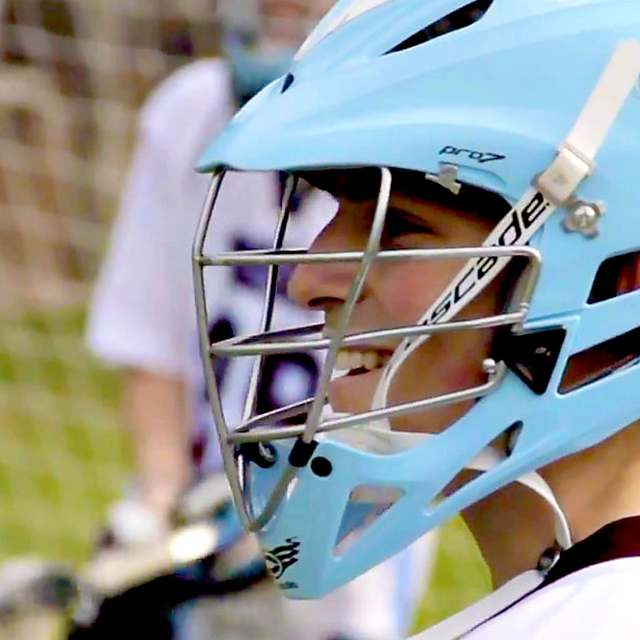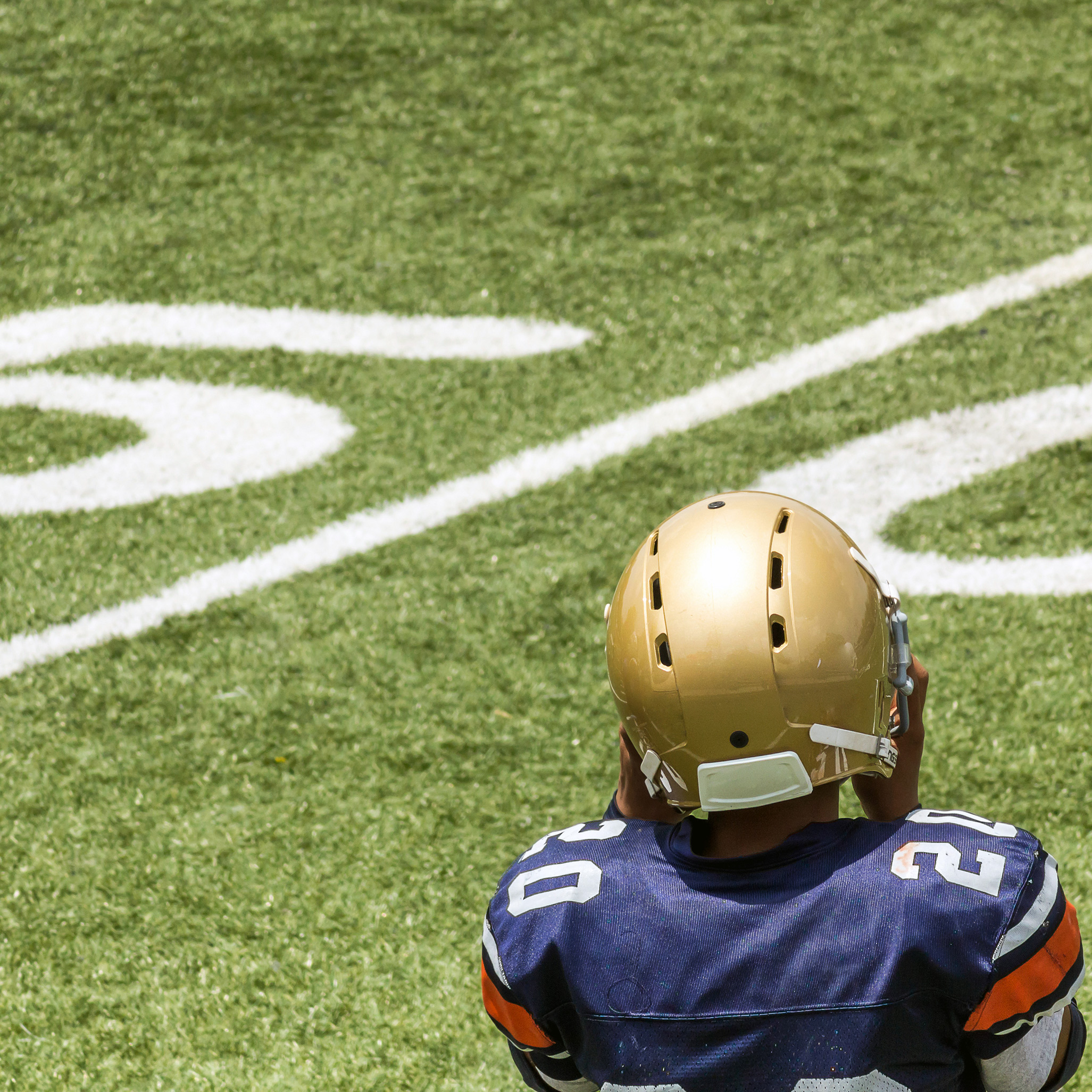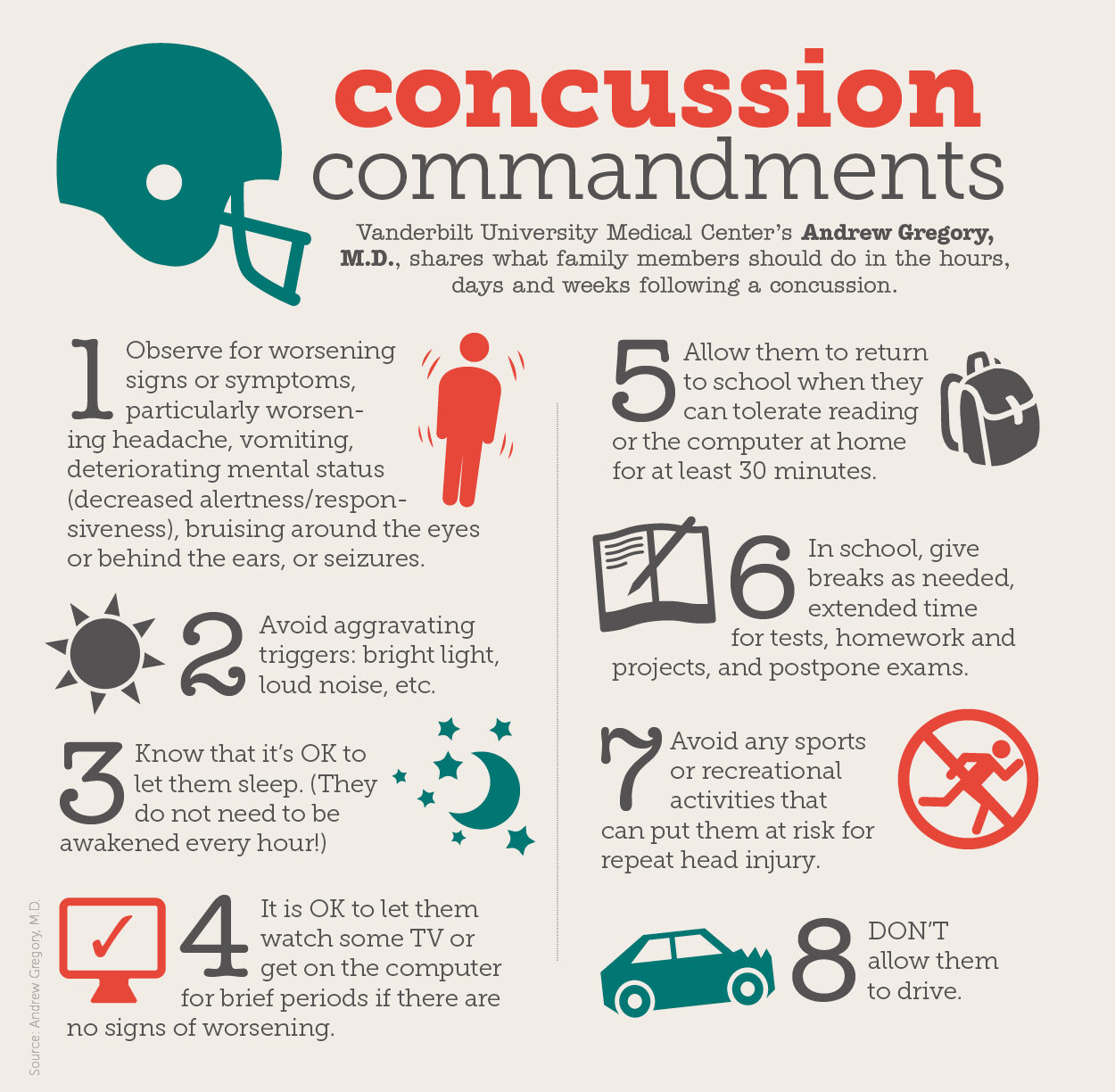Learn the steps you should take in the days, weeks and month after a concussion.
As much as we try, as parents we can’t always prevent our children’s injuries. But we can make sure we know what to do if an injury happens. Read below for the Centers for Disease Control and Prevention’s suggestions for what to do if you suspect your child may be suffering from a concussion.
1. Remove from play.
If the concussion happens during sports, you should also keep the child out of play the day of the injury and until a medical provider says he or she is symptom-free and it’s OK to return to play.
2. Seek medical care.
Most kids and teens are treated in the emergency department or in a medical office after a concussion and get to go home. However, when the injury is more serious, your child or teen may need to stay in the hospital overnight.
3. Share your knowledge.
Be sure to tell the medical provider if your child or teen is taking medications — prescription, over-the-counter medicines or “natural remedies.” When possible, also write down and share the following information:
- Cause of the injury and force of the hit or blow to the head or body.
- Any loss of consciousness and if so, for how long.
- Any memory loss right after the injury.
- Any seizures right after the injury.
- Number of previous concussions (if any).
So what should parents look out for?
The CDC divides concussion symptoms into two categories: concussion signs observed and concussion signs reported.
Concussion signs observed include:
- Can’t recall events prior to or after a hit or fall.
- Appears dazed or stunned.
- Forgets an instruction, is confused about an assignment or position, or is unsure of the game, score or opponent.
- Moves clumsily.
- Answers questions slowly.
- Loses consciousness (even briefly).
- Shows mood, behavior or personality changes.
Concussion signs reported include:
- Headache or “pressure” in head.
- Nausea or vomiting.
- Balance problems or dizziness, or double or blurry vision.
- Bothered by light or noise.
- Feeling sluggish, hazy, foggy or groggy.
- Confusion, or concentration or memory problems.
- Just not “feeling right” or “feeling down.”
“Usually symptoms develop immediately after the injury, but new symptoms can emerge later like difficulty sleeping,” says Andrew Gregory, M.D., with Vanderbilt University Medical Center. And these symptoms may last longer than you think. “Sixty percent of adolescent athletes recover in one week, 90 percent recover in three weeks and 10 percent take longer to recover,” Gregory says.

Pre-concussion baseline testing is like a pre-season physical of the brain. The test enables medical professionals to record an athlete’s normal neurological state to aid in future treatment if an athlete sustains a concussion. Vanderbilt offers baseline testing in Nashville, Franklin and Mt. Juliet, Tennessee. Call the Vanderbilt Sports Concussion Center hotline at 615-875-VSCC to schedule an appointment.



